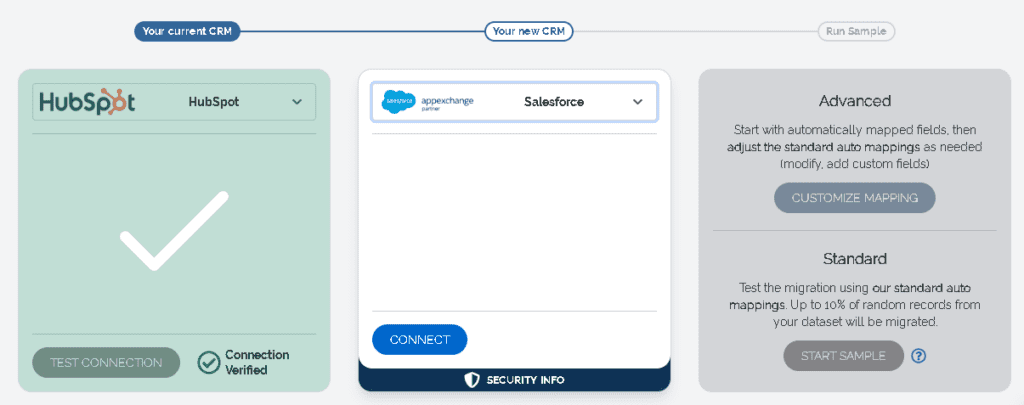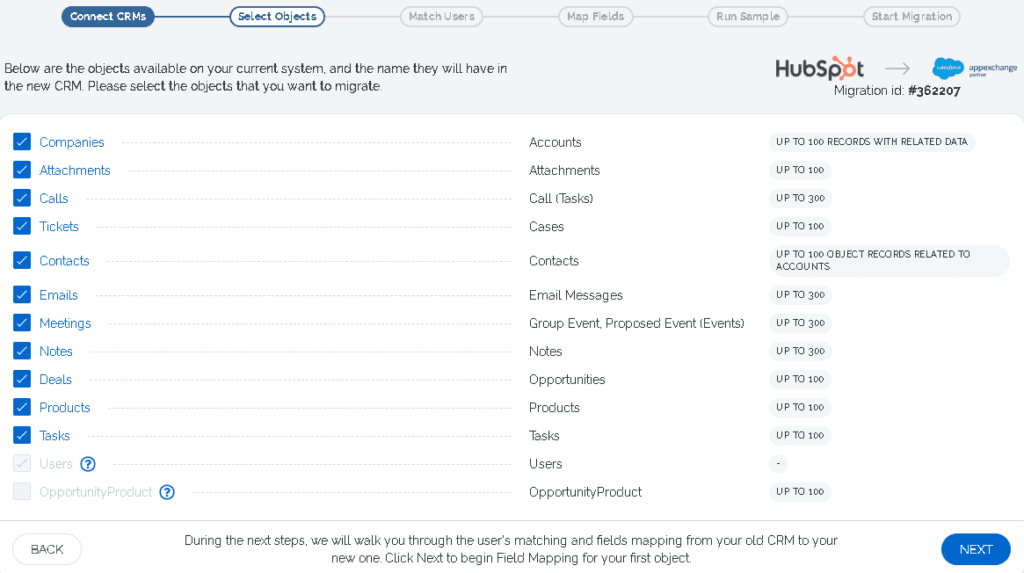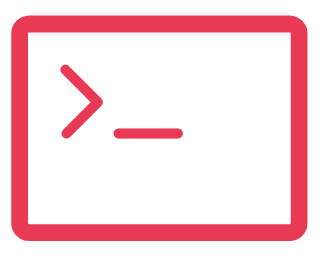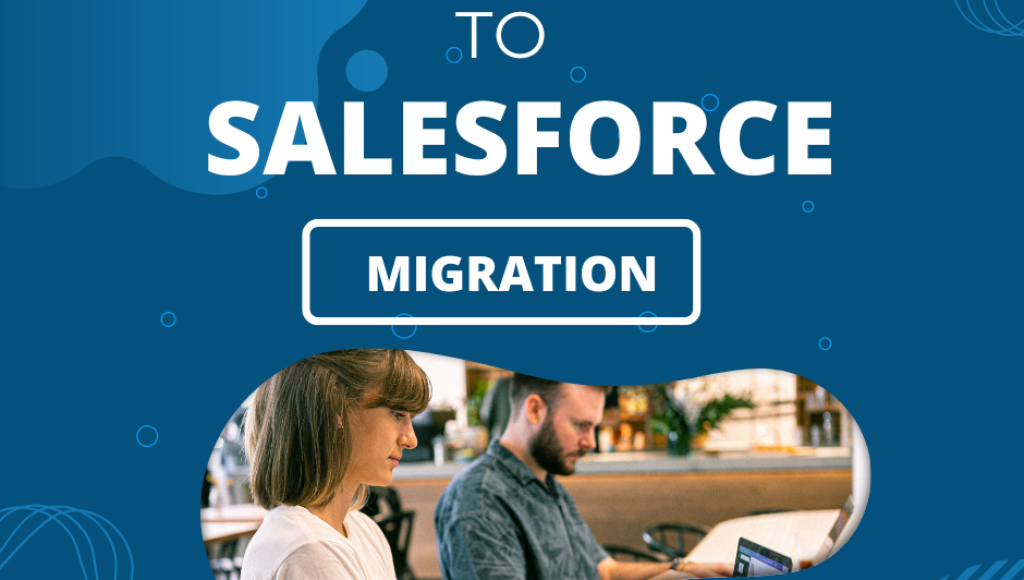Introduction:
- In the quickly changing markets, where competition became extremely stiff, businesses need to efficiently use CRM technologies to stay profitable. HR managers may find that as companies develop and evolve, their CRM needs diverge from the basic and hence they need to investigate the more robust solutions, which will aid their businesses.
- HubSpot and Salesforce, both being highly esteemed CRM options today, can be enumerated as two of them. Even though there is a significant share of benefits differencing both systems, companies may discover that the boundaries of HubSpot will sooner or later restrict their business` operations thus leading to the necessity to take benefits of Salesforce advanced features.
- In this comprehensive guide, we’ll examine all facts you should be familiar with if you consider switching the software you’re using now from HubSpot to Salesforce, to increase your chances of successful data migration and finding new growth avenues in your business.
Understanding the CRM Landscape:
- Before starting the migration we need to get the knowledge about the disparities happening between both HubSpot and Salesforce.
- HubSpot is mainly defined for its simple to use interface and a range of cost-effective plans, but compared to Salesforce, which is famous for its ability to do the most customization and making use of the most advanced tools and capabilities, it is a good deal. Business might start using and think HubSpot is perfect for them but as they grow in their market, they might discover that HubSpot’s limitations are actually making business growth more challenging.
- Salesforce, a company which has the most successful architecture and eco-system, any organizations which want to adopt scalability, sophisticated CRM feature and the integration with other business tools, should utilize it as their first choice.
The Decision to HubSpot To Salesforce Data Migration:
The issue, which is to choose HubSpot or Salesforce, has always been a strategic and thinking-through option for any organization. There are several key factors to evaluate:
Scalability and Growth: Sometimes, you may find HubSpot unfit for usage due to its inability to keep up with your business’s increasing volume of data, complex workflow sequences, and different types of information. Salesforce’s flexibility and scalability make it unique amongst competitors adapting to this requirement for businesses with the potential of expansion.
Advanced CRM Features: Salesforce includes numerous customization options, automation of workflow, and sophisticated reporting and analytics to offer organizations the possibility to adjust their CRM as per their individual requirements.
Integration Capabilities: The range of functions CRM is able to satisfy, is much broader when it is integrated with other business applications. Salesforce enjoys a vast partner-ecosystem and integrates perfectly, therefore, clients who are looking for a complete solutions run to it.
When to Migrate:
Consequently, deciding on the type when to shift from HubSpot to Salesforce determines the transition success. Some key indicators that it may be time to make the switch include:
Outgrowing HubSpot: Because your company may have outgrown the capabilities of HubSpot regarding data volume, feature set, and scalability, it could be the right time to broadened your view from outside the set.
Strategic Planning: In the case where you want to engage in prolonged strategic planning which involves growth, entry into different markets, or a shift in business format, Salesforce migration will support the seamless sales department changes with your business transformations.
Industry-Specific Requirements: In the case where your business is in regulated industry or involves some elaborate compliance issues, Salesforce with its industry-specific solutions and strict compliance features will be your trustworthy and needed tool.
The HubSpot To Salesforce Data Migration Process:
A migration process from HubSpot to Salesforce is multi-step and should be done having in mind the detailed plan. Here’s a step-by-step guide to help you navigate the migration journey:
Pre-Migration Assessment: Conduct an in-depth analysis of your present CRM enviroment, data quality, sissc, and business needs before you begin the migration. Engage stakeholders to define what requirements they have, reach what migration objectives and keep them clear.

Data Mapping and Cleanup: Make sure that you only have reliable data that is free from uncertainties by doing the data cleaning and organizing process. All possible duplicates should be excluded, data should be ensured to be accurate, and semantic interoperability between Salesforce structures and HubSpot should be established.

Custom Development and Configuration: Utilize Salesforce’s customization capabilities in order to create and design a CRM system which is a perfect fit for your business functioning uniquely. Create custom fields, objects, and workflows, and engage the services of a consultant since data integrations involves a vast spectrum of the system.
Validation Post-Data Migration: Having moved your data over to Salesforce, you should now do a data validation to make sure you have carried over the correct and non-duplicated data and to ensure a clean start for your new CRM. Make the correction of all errors discovered by the validation and report the topics with potential to impact overall data quality.
User Adoption and Change Management: Promote user adoption by carefully employing change management and offer comprehensive training for everyone on the team. Make certain that the Salesforce system’s users are well-trained from using the system and also address any questions and doubts they may have.
Conclusion:
Migrating to Salesforce from HubSpot is a major step. Certainly, with prior forethought and a good performance, you can encounter an actual business transformation. The discrepancies between Salesforce and Odoo is a thing to consider as well as evaluating whether you are ready in the migration process. Others include following each of the best practices as indicated by the migration process to position your business for the future in the digital age. While Tenetizer Technologies is dedicated assist you in the migration of your CRM with understanding that, together, we can overcome all obstacles to your amazing success. Contact us now to receive more details on how our services aim to address your CRM ambition.

